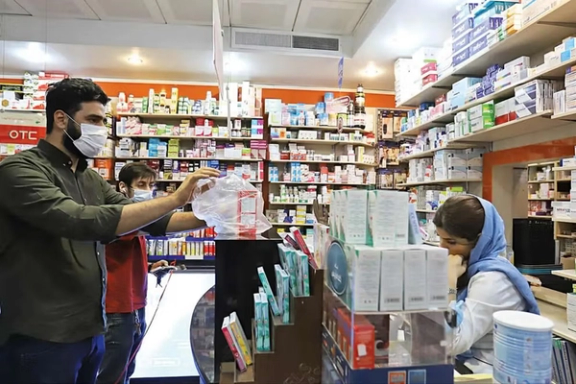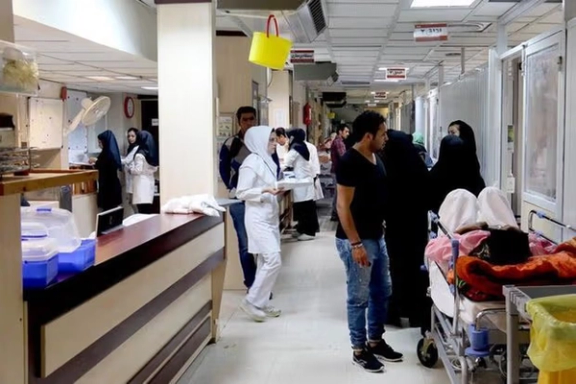Government cannot sustain health care costs, Iranian MP warns

The government will soon be unable to cover health care expenses, an Iranian parliament member warned on Wednesday, citing rising costs, insurance debts, and an aging population.

The government will soon be unable to cover health care expenses, an Iranian parliament member warned on Wednesday, citing rising costs, insurance debts, and an aging population.
The Islamic Republic risks losing the ability to fund its health system, said Reza Jabbari, a member of parliament’s presiding board, during a meeting with Health Minister Mohammadreza Zafarghandi.
“Based on submitted reports, 70 percent of insurance resources are spent on medicine and equipment, which could be significantly reduced through strategic purchasing,” Jabbari added.
Without reform, he said, demographic and dietary pressures could create in health care the same shortage already seen in Iran’s energy sector.
Iran may soon face a surge in chronic and non-communicable diseases, Jabbari warned.
“The country will no longer be able to pay health costs if the current situation continues.”
Debt to the pharmaceutical supply chain
The warning came a day after Shahram Kalantari, head of Iran’s Pharmacists Association, described the government as “the main debtor to the pharmaceutical supply chain.” Insurers have failed to pay most of their obligations this year, he said.

“Health Insurance owes us $100 trillion rials ($100 million), Social Security owes $150 trillion rials ($150 million), and the Daroyar plan owes $90 trillion rials ($90 million) since July,” Kalantari said Tuesday.
The drug industry can only remain stable for 170 to 180 days if payments continue to be delayed, he cautioned. After that, shortages of essential medicines are likely.
Kalantari has previously said 80 percent of pharmacies in the country are on the brink of bankruptcy due to mounting debts from insurers and subsidy programs.
Rising burden on households
Other lawmakers have also highlighted the growing strain on families. Fatemeh Mohammadbeigi, deputy chair of the parliament’s Health Committee, said Iranians now pay about 70 percent of medical costs out of pocket.
She described the insurance system as “inefficient and near bankruptcy” due to poor management and a failure to consolidate coverage.
“This figure should be reversed, with people paying 30 percent and the government 70 percent,” Mohammadbeigi said earlier this month. Falling insurance coverage particularly harms low-income groups, she added.
Labor activists have also pointed to shrinking access. Abbas Shiri, a board inspector for the National Construction Workers’ Union, said on August 2 that fewer than 50,000 workers have gained insurance since 2020, leaving hundreds of thousands waiting.
The combined warnings from lawmakers, pharmacists, and labor groups underscore a health system burdened by debt, demographic pressures, and inadequate insurance coverage, with officials conceding that sustainability is in doubt.